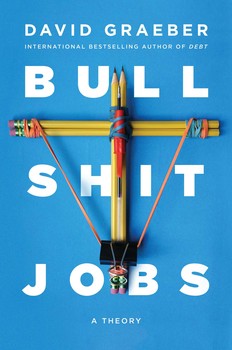- Joined
- Mar 19, 2008
- Posts
- 67,657
- Reaction score
- 80,662
- Location
- Narre Warren North
- AFL Club
- St Kilda
- Other Teams
- .
We’re taking action, coal is down, Brown coal will continue to decrease and renewables are increasing in terms of our energy production.
There are god knows how many proposals, some already have approval and funding some probably won’t pass muster like the second bass straight link to Tasmania. I think people simply push back against the more extreme and frankly meaningless woke demands.
We’ve just had an election and climate change wasn’t on the agenda for the majority of Australians let alone a top three issue. I see suggestions including from pacific leaders that we shouldn’t open any more coal mines etc, who are we to tell other countries what to do, I’m sorry but that’s a good recipe for a war or two.
I’ll tell you what I rarely read and that’s the population explosion that’s taken place, that’s a huge driver of omissions. The UN promised people money, loads of other people’s money and now it’s under threat some people are becoming a bit shrill.
If and when sea levels start rising rapidly then we’re all going under without massive investment we’ll all be displaced. Australia’s costal cities, New York, London etc. I’ll never understand how this ends up framed as the haves and have nots, there’s only one planet and we’re all on it. I did see that Australia didn’t address the issue of resettlement in the event of catastrophic climate change but I understand the position they’ve taken. It’s putting the cart before the horse and potentially opens up all sorts of claims.
Personally I have great faith in new technology, I see snippets here and there of discovery’s and breakthroughs that if they come to fruition will solve our energy problems.
Anyway all of my friends have retired including a former emergency services commissioner, a very senior deputy director of immigration etc. baby boomers are on the way out except for a fairly comfortable retirement for many we’re not making a lot of decisions and those that are soon won’t be. I’ll watch on with interest at how the next generation of movers a shakers go, I suspect you’ll see little change.
Even the worst forecasts don't suggest this. Most of the half sensible sources are talking of up to 2 metres by 2100.
Places that currently get inundated and flooded will have it more often.
Bangladesh. Parts of Vietnam, Shanghai, Netherlands, of course low lying pacific islands.
Flood Map: Elevation Map, Sea Level Rise Map
Flood Map shows the map of the area which could get flooded if the water level rises to a particular elevation. Sea level rise map. Bathymetric map, ocean depth. Effect of Global Warming and Climate Change.
If it goes nuts ( 50 meters ) though, Frankston and Cranbourne end up on their own little island, paving the way to an "Escape from New York " type scenario .
I'd imagine Torak/Malvern Island will be very exclusive..













